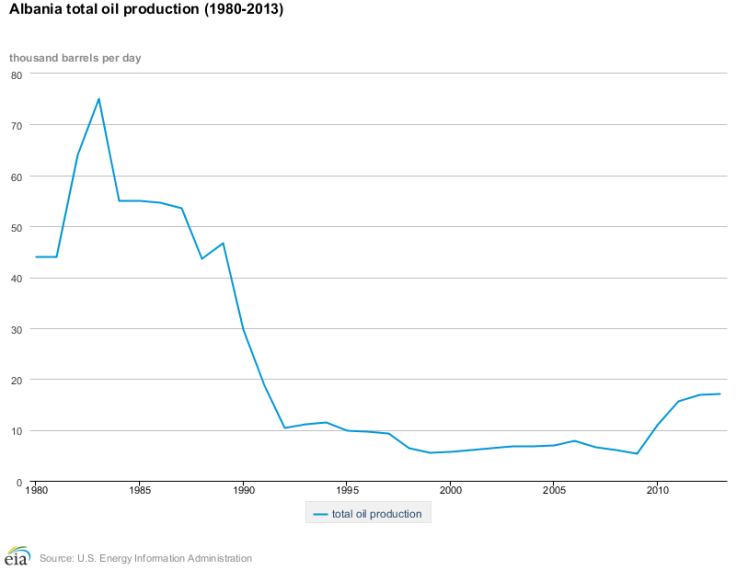Retired U.S. General Wesley Clark Returns To Balkans To Drill For Oil
Wesley Clark, the retired NATO commander, U.S. Army general and 2004 presidential candidate who led the bombing campaign against Serbia in 1999, is returning to the Balkans to drill for oil.
Clark is a director of two Canadian exploration firms, Bankers Petroleum Ltd. and Petromanas Energy Inc., that are hoping to revive Albania's oil sector after the country saw its output dwindle dramatically a decade ago.
Clark has been on Bankers Petroleum’s board since 2008 and became a Petromanas Energy director last year. He previously served as NATO’s supreme allied commander in Europe when the alliance’s bombing campaign forced Serbia to withdraw from Kosovo, where ethnic Albanians comprise the majority of the population, Bloomberg News reported Tuesday.
“Albania has an enormous economic significance for Europe as it has a robust supply of oil, and it should be a strong component of European energy policy,” Clark told Bloomberg.
Oil production in Albania began in the 1920s, but it receded in recent decades as major oil firms fled the country, scared off by Albania’s at times violent and chaotic transition from communism to capitalism. Output slowed to a drip at the turn of the century. Now, explorers and drillers are returning, lured by the prospects of significant oil deposits in recent years.

Petromanas Energy said it found about 375 million barrels of oil after drilling two wells with its partner, Royal Dutch Shell Plc, Europe’s largest oil company, Bloomberg noted. A third well is currently being drilled.
Bankers Petroleum said it is using modern oil techniques, including horizontal drilling and water flooding, to more than double production at the Patos-Marinza oil field, once Europe’s largest producer. The company plans to drill 170 wells a year, which could boost current output there from 20,000 barrels a day to almost 50,000 barrels a day by 2020.
A drilling renaissance would be a boon for Albania, which has the fastest-growing economy in Europe but remains one of the continent’s poorest countries. After the fall of communism there in 1990, the industrial base collapsed, and even today nearly half of the population is engaged in agriculture, according to the World Bank.
“What’s happening in Albania is representative of the fact that if [the] price of oil stands at $100 a barrel, people are looking at new opportunities,” Clark told Bloomberg. “If the price stays there, it has changed the geography of oil; it is happening in Albania, it is happening elsewhere in Europe."
© Copyright IBTimes 2024. All rights reserved.





















